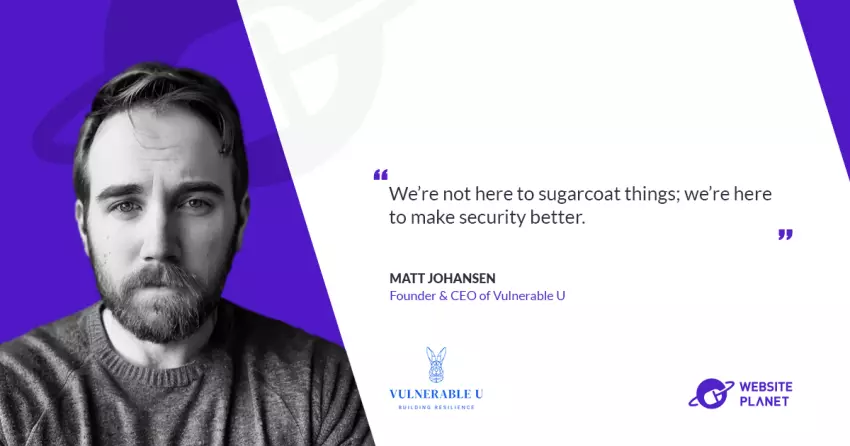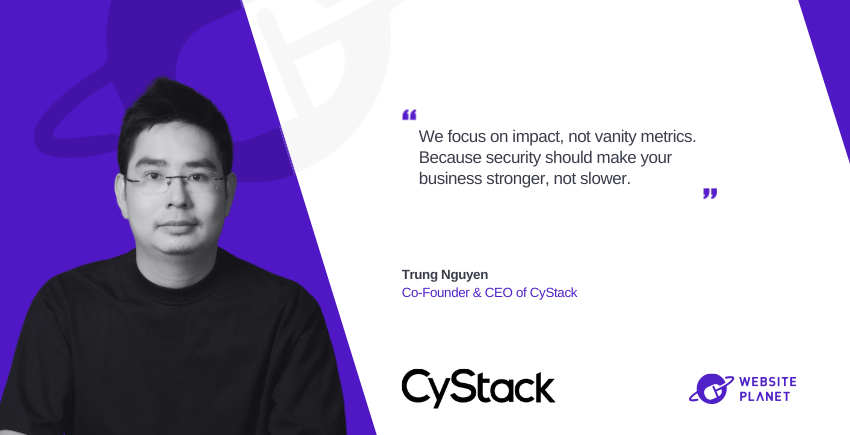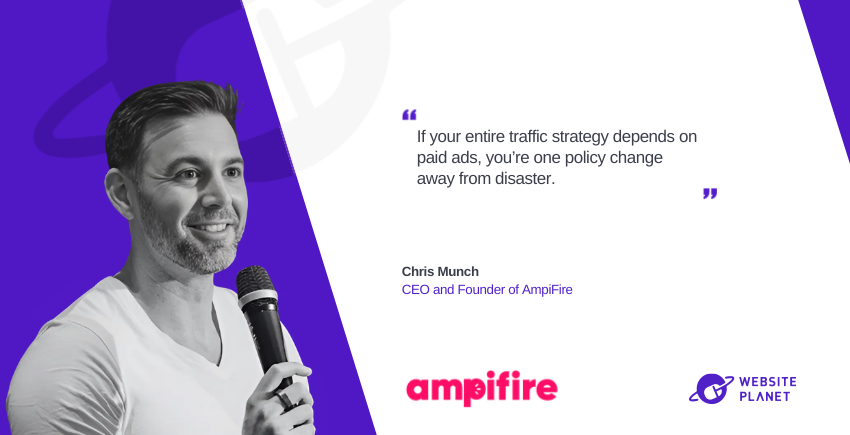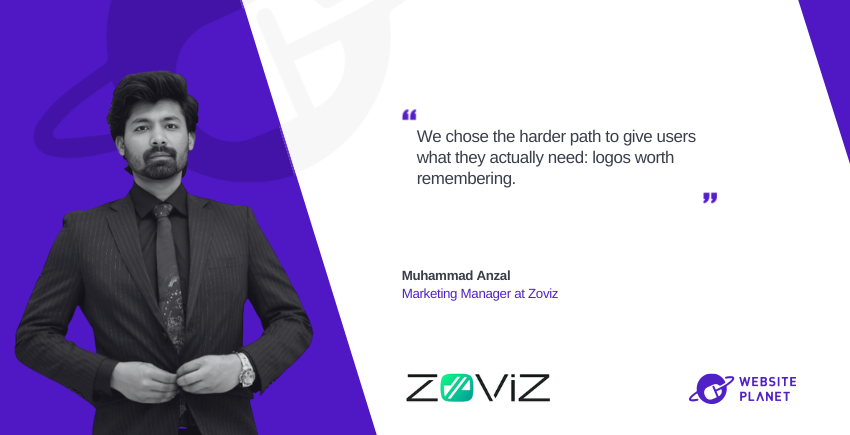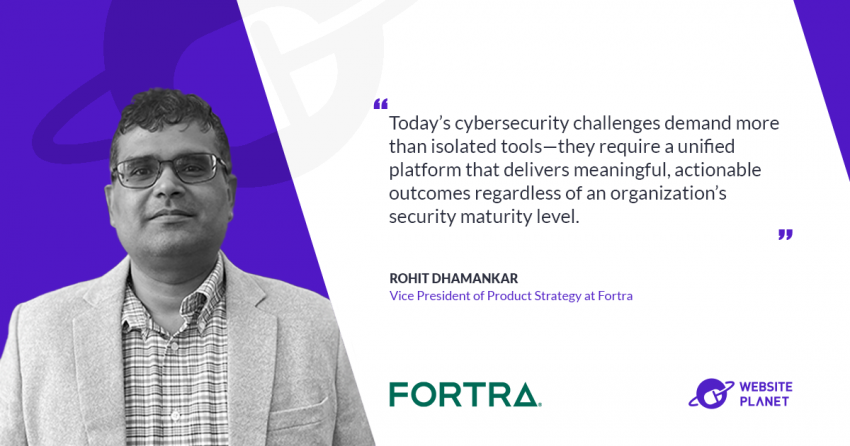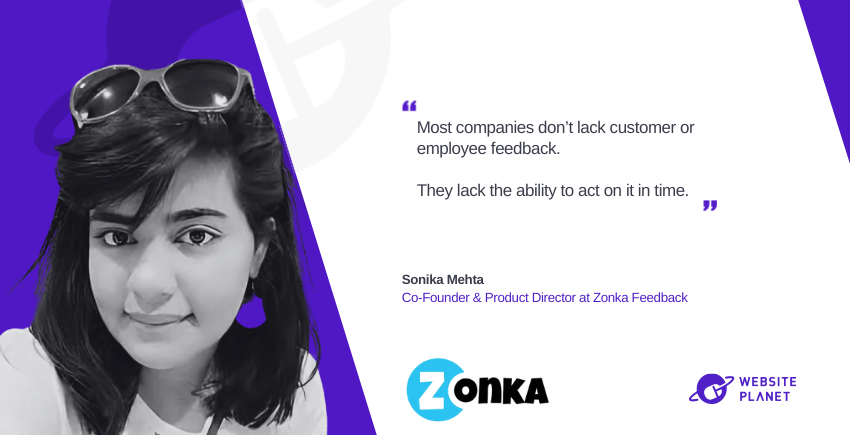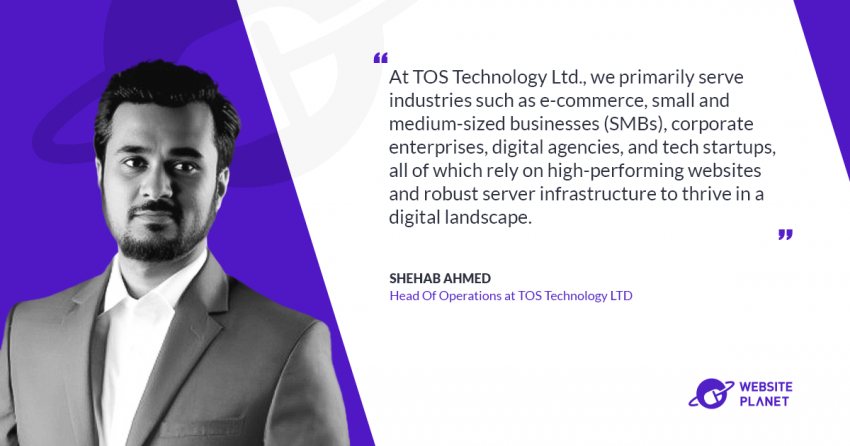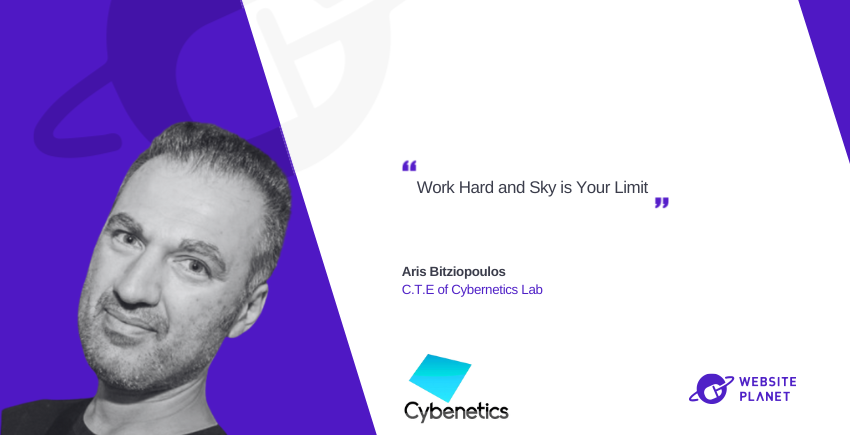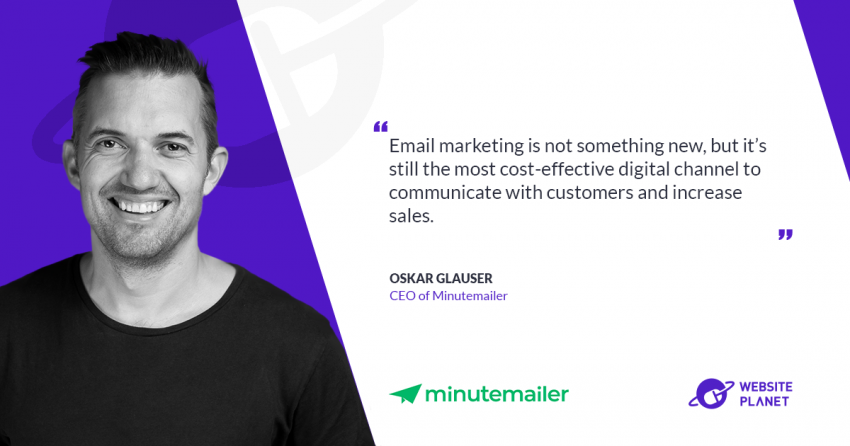Can you give us a brief backstory of Vulnerable U? How and when was it started and with what idea?
Vulnerable U started as a cybersecurity newsletter focused on breaking down the biggest security stories of the week in a way that was both highly technical and accessible. When I launched it, the goal was simple: deliver high-quality cybersecurity insights that cut through the noise. Over time, it evolved into a media brand that doesn’t just report on security but also provides expert analysis, training, and education. The name Vulnerable U reflects both the technical and human aspects of security. On one hand, it speaks to vulnerabilities in systems, and on the other, it acknowledges the need for openness and growth—especially in an industry that often neglects mental health.Who is Vulnerable U’s targeted audience?
Our audience is made up of cybersecurity professionals, developers, and technical leaders who want to stay ahead of threats and sharpen their skills. We focus on delivering value to people who live and breathe security—CISOs, security engineers, red teamers, and developers building secure code. That said, we also attract people who may not be in security full-time but recognize its importance. Anyone who wants to level up their knowledge and see security through a practitioner’s lens is welcome.How do you decide on the content included in your material?
We focus on high-signal, no-fluff content. Every piece we publish, whether it’s a newsletter, video, or training, answers one core question: Is this something an industry expert would find valuable? For news coverage, we break down major hacks and vulnerabilities, analyzing how they happened and what lessons security teams can take away. We focus on practical knowledge—whether it’s secure coding techniques, deep dives into threat actor behavior, or security awareness that actually sticks. A big part of our approach is keeping content engaging. Cybersecurity education has a reputation for being dry, and we refuse to be part of that problem.One of the aspects you emphasize is mental health. Can you elaborate on that approach and the connection between mental health and cybersecurity?
Cybersecurity is an industry that demands constant vigilance. Burnout is rampant, and the expectation of being “always on” creates a toxic work culture. We talk about mental health because it’s a security risk in itself—tired, overworked people make mistakes, and in security, mistakes can be catastrophic. At Vulnerable U, we push for healthier work environments. We talk about setting boundaries, recognizing burnout, and creating cultures where people feel safe to admit they need help. Security professionals spend so much time protecting systems that they often forget to protect themselves. We want to change that.What’s in store for Vulnerable U in the near future? What can we expect from you going forward?
We’re expanding in a few key ways:- Live Events – We’re launching Vulnerable U Live, featuring both virtual and in-person events where security practitioners can sharpen their skills.
- Exclusive Labs – We’re setting up hands-on, practitioner-led training labs that simulate real-world security scenarios, allowing people to test their skills in live environments.
- More Video – We’re focusing a lot of effort on our YouTube channel to make sure it becomes a major player in the cybersecurity media ecosystem.
Is there anything else about your work that you’d like to share that we haven’t covered?
I’d just say that the industry needs more honesty—more real talk about what works, what doesn’t, and what security teams actually need. That’s what we’re building with Vulnerable U. We’re not here to sugarcoat things; we’re here to make security better.To learn more about Vulnerable U, you can visit www.vulnu.com
